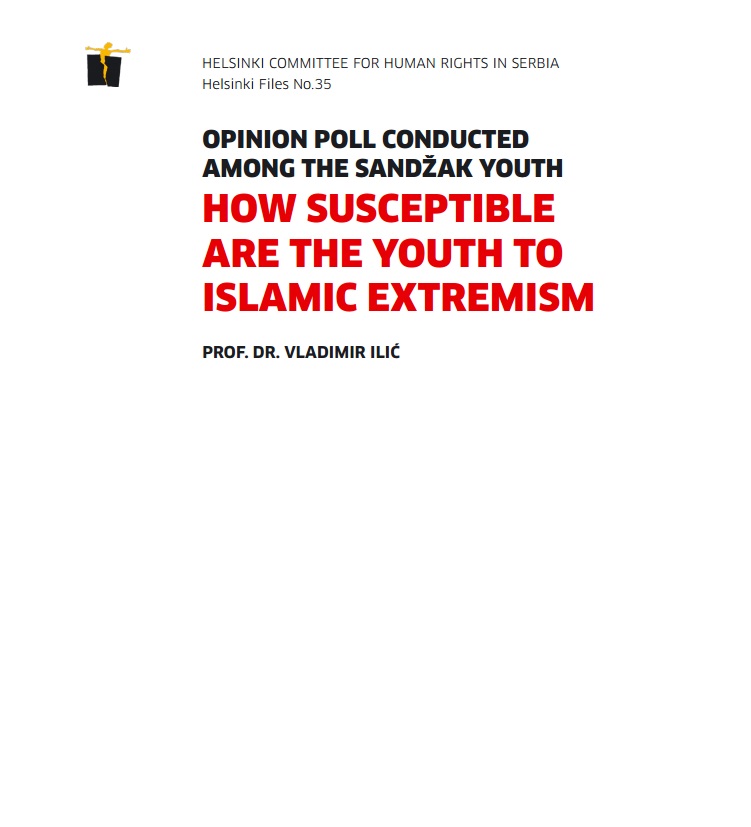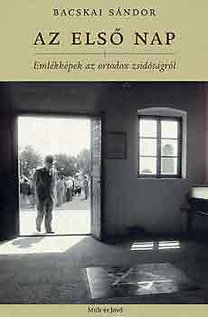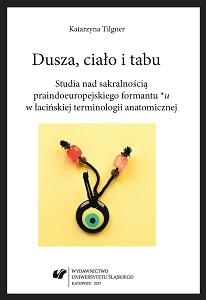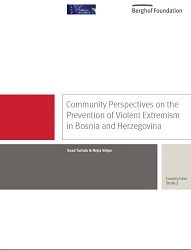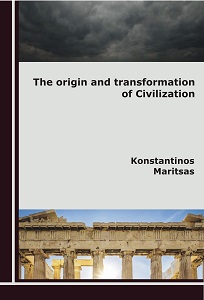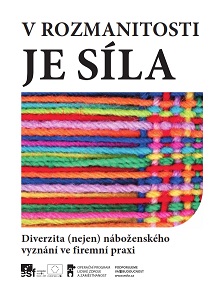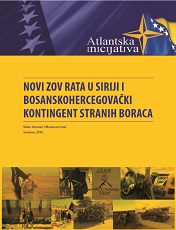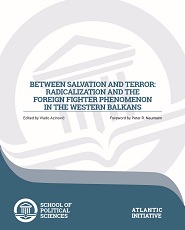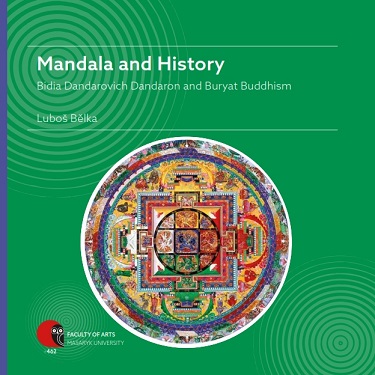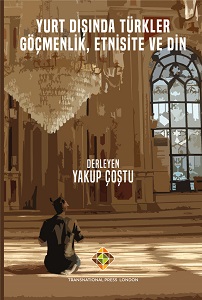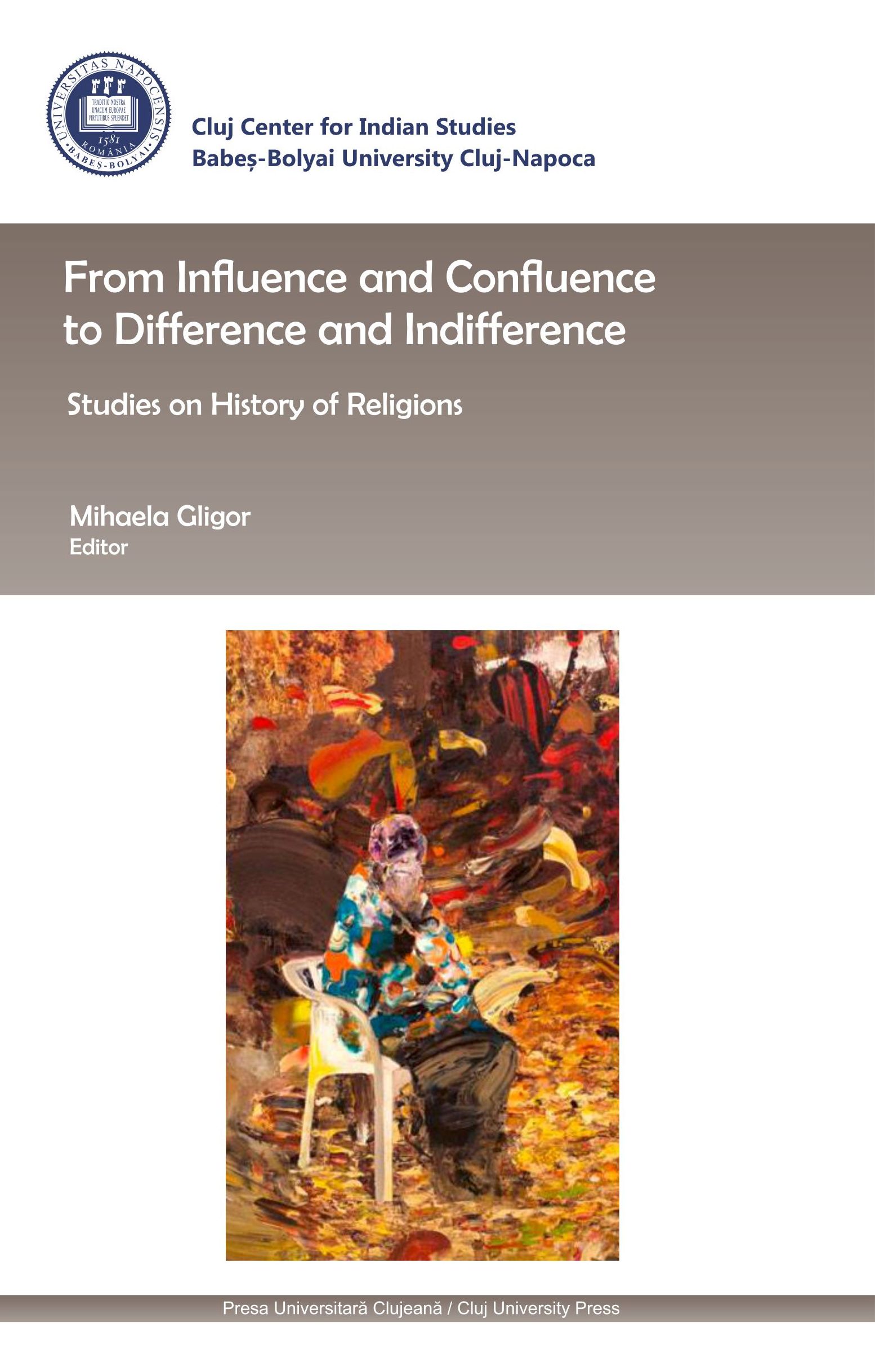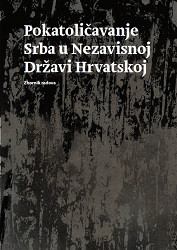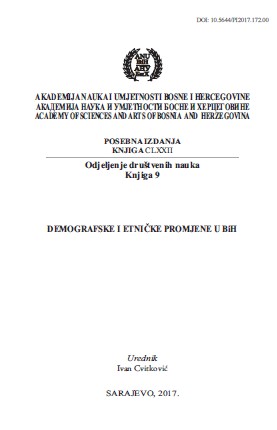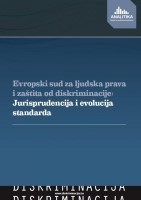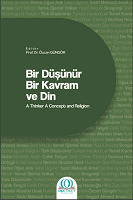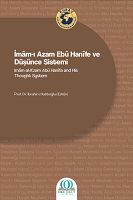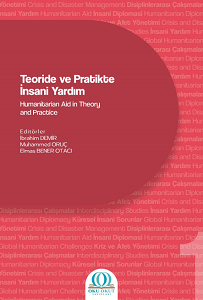Author(s): / Language(s): Turkish
Philosophy and Religious Studies, one of the three main departments within the Islamic Sciences and Theology faculties, investigates the phenomenon of religion through the lens of humanities disciplines such as history, sociology, logic, psychology, philosophy, and education. Situated at the intersection of theology and the humanities, the Department of Philosophy and Religious Studies plays a significant role in the internationalization of theology education. Concurrently, these disciplines serve as intermediaries in contextualizing Islamic Sciences within contemporary understanding. The Department of Philosophy and Religious Studies generates data on contentious contemporary issues such as artificial intelligence, transhumanism, migration, and conflict resolution, thereby elucidating the intellectual background of these issues and providing theoretical insights through empirical research. Within this framework, the study addresses the incorporation of courses offered by the Department of Philosophy and Religious Studies, presenting them aligned with the project's objectives. The study aims to introduce the Department of Philosophy and Religious Studies, elucidating its content, functions, and outcomes, to foster critical thinking and analytical skills among students through philosophical education, facilitating a deeper comprehension of diverse aspects of religion, and delineating the disparities and connections between philosophy of religion and religious sciences. Furthermore, the study seeks to enable students to assess the logical and philosophical dimensions of various religions and belief systems, while also contributing to theological education by highlighting the unique fields of study and values inherent in Philosophy and Religious Studies. Ultimately, the study endeavors to facilitate the international integration of the Department of Philosophy and Religious Studies and its adaptation to contemporary needs within theological education. The research is predicated on the premise that Philosophy and Religious Studies should to be more inadequately introduced to students, particularly at the secondary school level, despite their increasing relevance in light of evolving global agendas. As a result of the analyses conducted, insights have been gleaned regarding the content, functioning, outcomes, fields of study, and methodologies of departmental courses. Consequently, this book aims to introduce the field of Philosophy and Religious Studies to students from high school to graduate levels, guiding new researchers, and offering ideas and direction to advisors and students regarding potential areas of study. Covering a broad research area alongside its departments, this book will guide prospective theology students, current departmental students, and those seeking graduate education within this discipline. In alignment with the stated objectives, the study will conclude by compiling chapters contributed by lecturers from diverse disciplines. Employing a quantitative research method and documentation technique, the study has gathered data from articles, books, field research, and lecturers’ experiencies. Detailed accounts of sub-units of Philosophy and Religious Studies, such as the History of Religions, Sociology of Religion, Psychology of Religion, Philosophy of Religion, Religious Education, Islamic Philosophy, Logic, and History of Philosophy, are provided, covering aspects such as history, methodologies, research topics, notable figures, fundamental resources, graduate education, academic journals, interdepartmental relations, and international collaborations. Each completed chapter has been peer-reviewed by relevant department lecturers using blind refereeing principles, with necessary corrections implemented by the authors. The book encompasses eight departments, delving beyond superficial analysis to address foundational issues within each department. Additionally, each chapter includes recommended readings and films. This study asserts itself as a potential textbook for introducing Philosophy and Religious Studies as an elective course in Imam Hatip high schools. It can also serve as an elective textbook for first-year undergraduate programs.
More...
